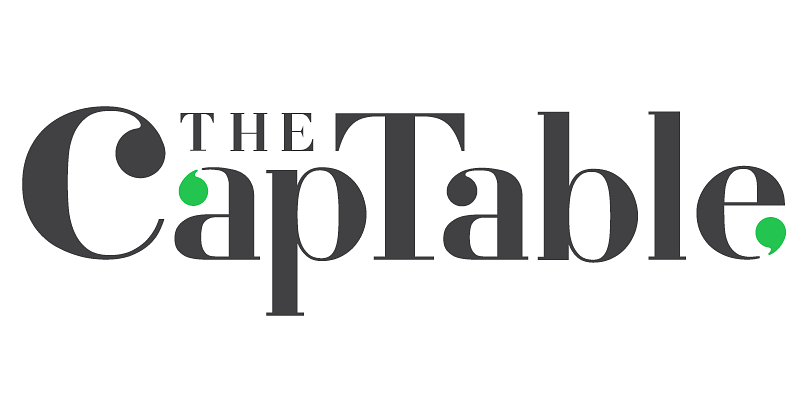Amid the rush of new unicorns, Meesho stands out. It defined India’s social commerce sector but needed a boost to help it navigate growth in a tricky sector—an effort that makes for an important read.
The CapTable’s coverage last week also featured SoftBank’s missed opportunity to bet bigger on India’s first unicorn, InMobi, besides another sector-defining unicorn, Byju’s. Also a new trend in fintech that’s promising to be more than old wine in new bottle. And why a resilient PUBG might have put millions of Indians at risk.
The CapTable is a YS product. Subscribe if you haven’t already.
Here’s a roundup of news and analysis from The CapTable.
Premium Reads
While social commerce platform Meesho was able to reach a GMV of $1 billion due to an increase in users during the lockdowns, can it continue its growth momentum? We take a look at what has worked and what are the challenges for Meesho, which was valued at $2.1 billion after a $300 million round led by Softbank recently.
Fuelled by SoftBank, Meesho shifts into fifth gear in uphill climb
As of mid-March, about 14.8 million people in India were still playing PUBG daily–that’s about 1% of India’s population. That is six months after the government banned the game. While that’s lower than PUBG’s peak of 33-34 million daily players in India in June, it’s still a staggering number. PUBG was banned because it was published and distributed by China’s Tencent in India. But another Tencent-backed company has gained because of the ban.
Despite ban, PUBG has over 14 million daily players in India

Bajaj Finance changed consumer durables lending through zero-cost EMIs, making money through brand subventions and upselling to good borrowers. Startups and fintechs like Zest Money, Pine Labs and Capital Float are queuing up at digital checkout points to encourage shoppers to ‘buy now, pay later’. Will it work?
Fintechs want consumers to move from ‘save now, buy later’ to ‘buy now, pay later’
The Crux
[Crisp and incisive analysis on the developments that matter]
SoftBank’s first India bet, which started with a $200 million investment in InMobi in 2011, took a backseat when it started its $10 billion investment campaign in India in 2014. InMobi, a digital advertising services company that was unable to raise more funds from SoftBank, is now preparing for a US share listing that’s expected to value it at $10-15 billion. That would make it SoftBank’s most profitable investment in India. Also SoftBank India’s report card.
Once forgotten, InMobi set to be SoftBank’s biggest India win
Edtech major BYJU’S has been on a shopping spree since August, buying six companies, including two that are in the cart, for a combined $1.7 billion. Its biggest acquisition is its recent buyout of test preparation player Aakash for $950 million. The move clearly shows that the hybrid strategy is now going beyond ecommerce players.
Making sense of Byju’s $1.7 billion buyout spree
[While the Premium Reads are exclusive to paying subscribers, The Crux is free to read. All you have to do is sign up.]










